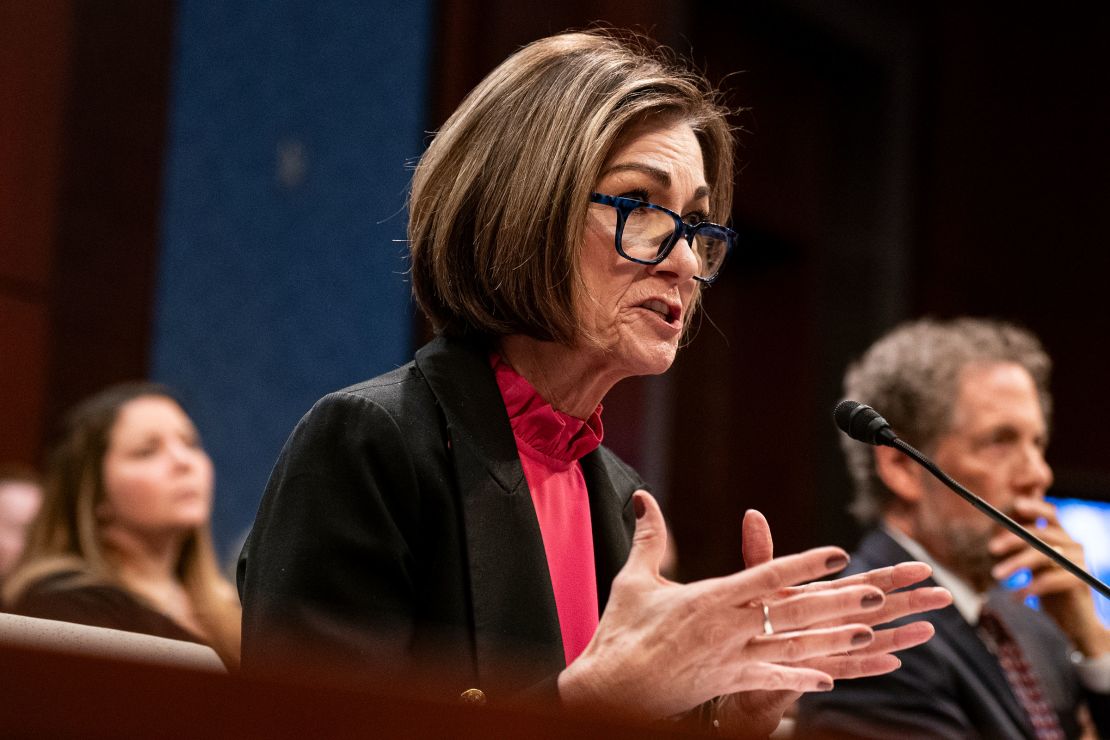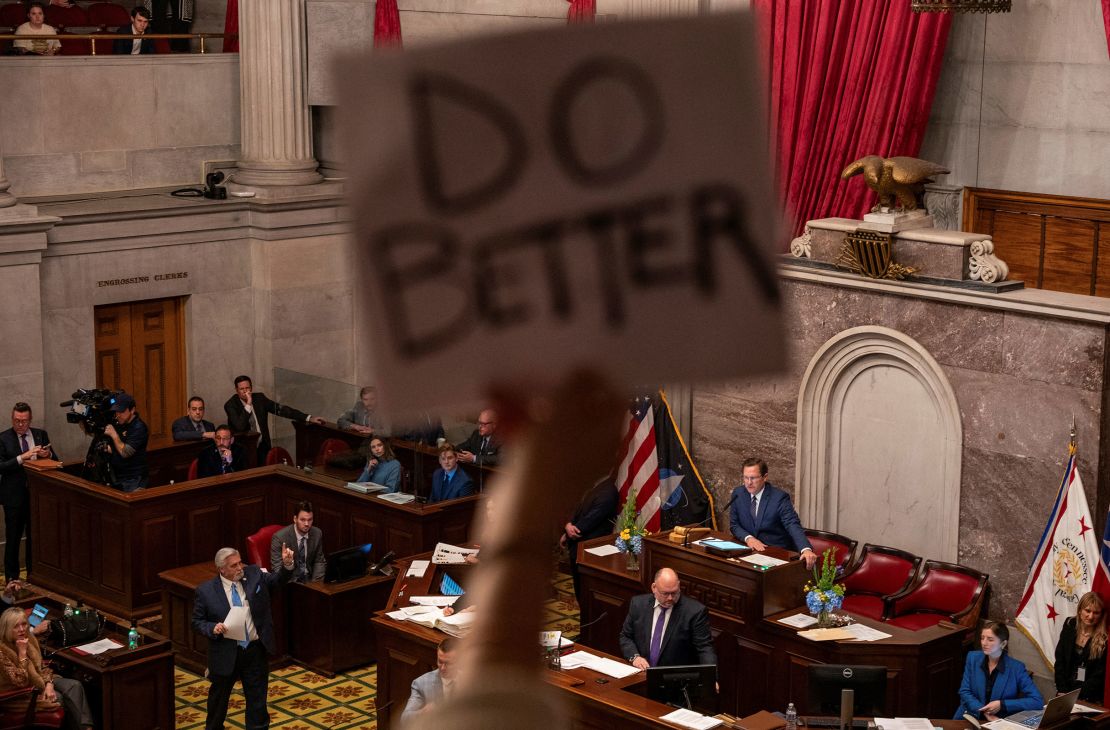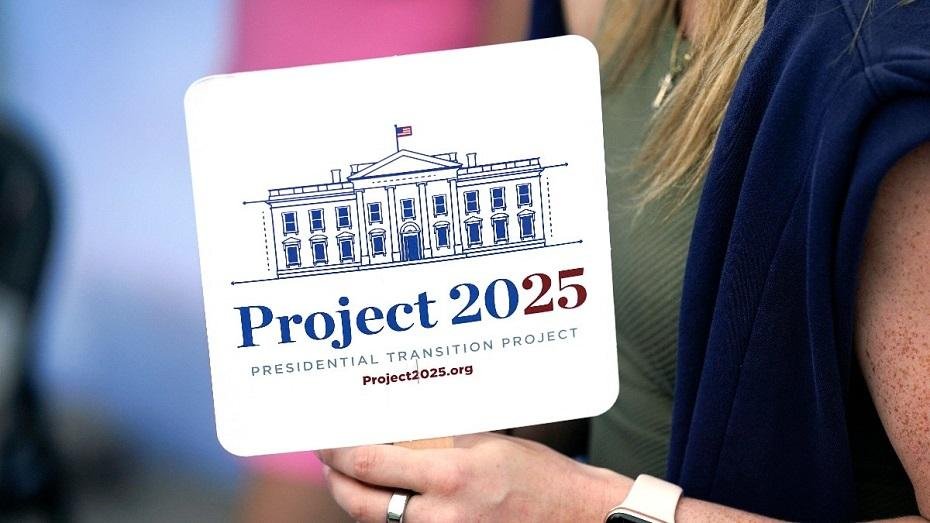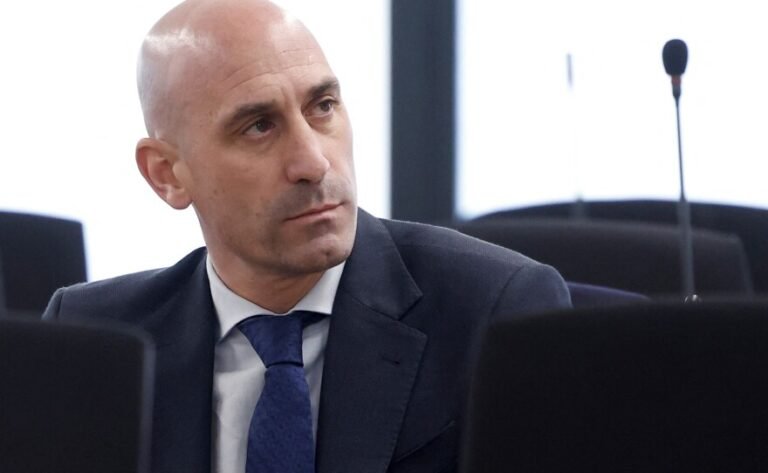His allies in the states are rushing to keep up.
The Florida and Tennessee legislatures have passed sweeping immigration packages that will make it easier for state law enforcement and federal immigration officials to coordinate during recent special sessions.
Leaders in Ohio and Arkansas are renewing efforts to place work requirements on Medicaid recipients.
And Republicans in at least nine states have moved to create government efficiency task forces inspired by the initiative helmed by billionaire Elon Musk.
Across the country, Republican governors and legislatures are taking advantage of the national spotlight – and friendlier regulatory environment – the Trump administration has created to advance longtime conservative policy goals. In State of the State speeches, X posts, and press conferences, they’ve described the new administration as a partner they’re eager to support. And they have been eager to portray themselves as loyal allies.
For Democrats, it’s a reminder that elections have consequences at both the federal level and the state level, where Republicans have dominated for years.
Republican-backed laws, particularly measures passed in the nearly two dozen states where their party controls the governorship and both chambers of the legislature, have been at the center of some of the biggest culture war fights of the last few years, including the 2022 Dobbs decision that ended federal abortion protections and a pending case on gender-affirming care for minors.
Democrats have increasingly pitched the need to build their power at the state level as a way to combat Republican gains.
“Red states are feeling even more empowered under Trump’s takeover of Washington to push legislation that sows confusion and chaos, from cutting programs families rely on to rolling back fundamental rights,” said Sam Paisley, a spokesperson for the Democratic Legislative Campaign Committee. “Democrats in state legislatures are the strongest defense against MAGA Republicans’ destruction.”
Red states embrace DOGE efforts
Republican lawmakers and governors in a handful of states, including Idaho, New Hampshire, Georgia, Texas, Kansas, and Oklahoma have created DOGE task forces or new state legislature committees. More than two dozen Republican governors signed on to a letter last month to GOP congressional leaders backing the effort.
The American Legislative Exchange Council, a conservative group that drafts model legislation, created a government efficiency coalition after its December national meeting.
“The charge was essentially, if DOGE gets it right at the federal level, more things are likely going to be state and local responsibilities,” said Jonathan Williams, ALEC’s president and chief economist. “Our ALEC members answered the call and said, ‘We also want to discuss these government efficiency ideas and partner with those in Washington that are looking to do the same.’”
Indiana Republican Gov. Mike Braun signed executive orders last month requiring state employees to work in their offices by July and directing agencies to cut a quarter of regulations by 2029 and look for ways to cut costs.
Iowa Republican Gov. Kim Reynolds, who signed an executive order last week launching a DOGE task force in her state, has described the effort of an extension of the work Iowa began a few years ago. Iowa’s “alignment” process saved the state $217 million in 18 months, Reynolds said last month in her Condition of the State address.
“Iowa was doing DOGE before DOGE was a thing,” the governor told a House panel recently.

Democrats, however, have pushed back on Reynolds’ portrayal of the state’s work and criticized the governor for signing a 2023 bill restricting the powers of Iowa State Auditor Rob Sand, the only statewide elected Democrat. The law limits the auditor’s access to records and prohibits Sand from suing state agencies for documents – disputes must be settled through arbitration.
“We’re happy the governor is interested in government efficiency because we’ve been working on this already for six years,” Sand told CNN. “But the administration’s lip service on this issue of government accountability is a day late and a dollar short.”
Even in moments when the administration’s agenda has created concerns over budget shortfalls, Republicans have been slow to criticize the approach in Washington. After the Office of Management and Budget briefly paused federal assistance, Louisiana Republican Gov. Jeff Landry and other state leaders asked OMB to “develop a responsible runway to untangle us from any unnecessary and egregious policies without jeopardizing the financial stability of the state.”
School choice and immigration
Trump has also placed an early emphasis on controversial school choice programs. Last month the president signed an executive order directing various agencies to submit plans on how to expand school choice opportunities. Conservatives also expect the administration will roll back Biden-era regulations on school choice programs. School choice advocates also hope Republicans will include provisions allowing for a tax break for donations to scholarship funds that pay for students to attend private schools.
“There’s been a vibe shift, in that it’s clear the Department of Education is going to be accommodating, rather than hostile, as states try to enact and implement these policies,” said Frederick Hess, a senior fellow and director of education policy studies at the conservative American Enterprise Institute.
School choice supporters argue vouchers and other programs allow students to attend better schools or institutions that meet their needs. Opponents argue the programs defund public schools, and that private, religious, and charter schools aren’t subject to the same level of oversight as public schools.
After a brief power struggle between Florida Gov. Ron DeSantis and the Republican legislature, state lawmakers last week approved a series of immigration enforcement bills that will make it a crime for people who have entered the country illegally to enter Florida, as well as increase funding and staffing to make it easier for state officials to coordinate with federal immigration officials.
One new law also ends access to in-state college tuition for young adults who lack legal status.
“We here in Florida have a responsibility to be strong partners with the Trump administration,” DeSantis said at a press conference Thursday.

In Tennessee, lawmakers passed an immigration enforcement bill this month that would create a new division within the state’s Department of Safety to coordinate with the federal government on immigration enforcement. It would also make it a felony for local officials to adopt so-called sanctuary policies and allow them to be removed from office once convicted.
Democrats argued the provision criminalizing “sanctuary city” votes is unconstitutional. The American Civil Liberties Union of Tennessee called the legislation “unprecedented” and is challenging it in court.
State Rep. Aftyn Behn, a Democrat, advised her national party to do more in states like hers, where Republicans have a supermajority in the legislature that has allowed them to pass legislation that could fuel future court battles.
Tennessee GOP House Majority Leader William Lamberth introduced legislation this month that would allow school districts to opt out of educating children who are not in the country legally. Lawmakers have billed the legislation as a chance to overturn a 1982 Supreme Court decision that requires schools to accept all students regardless of legal status.
“There needs to be more sense of urgency, and an appetite, for investing in states like Tennessee,” Behn said.














